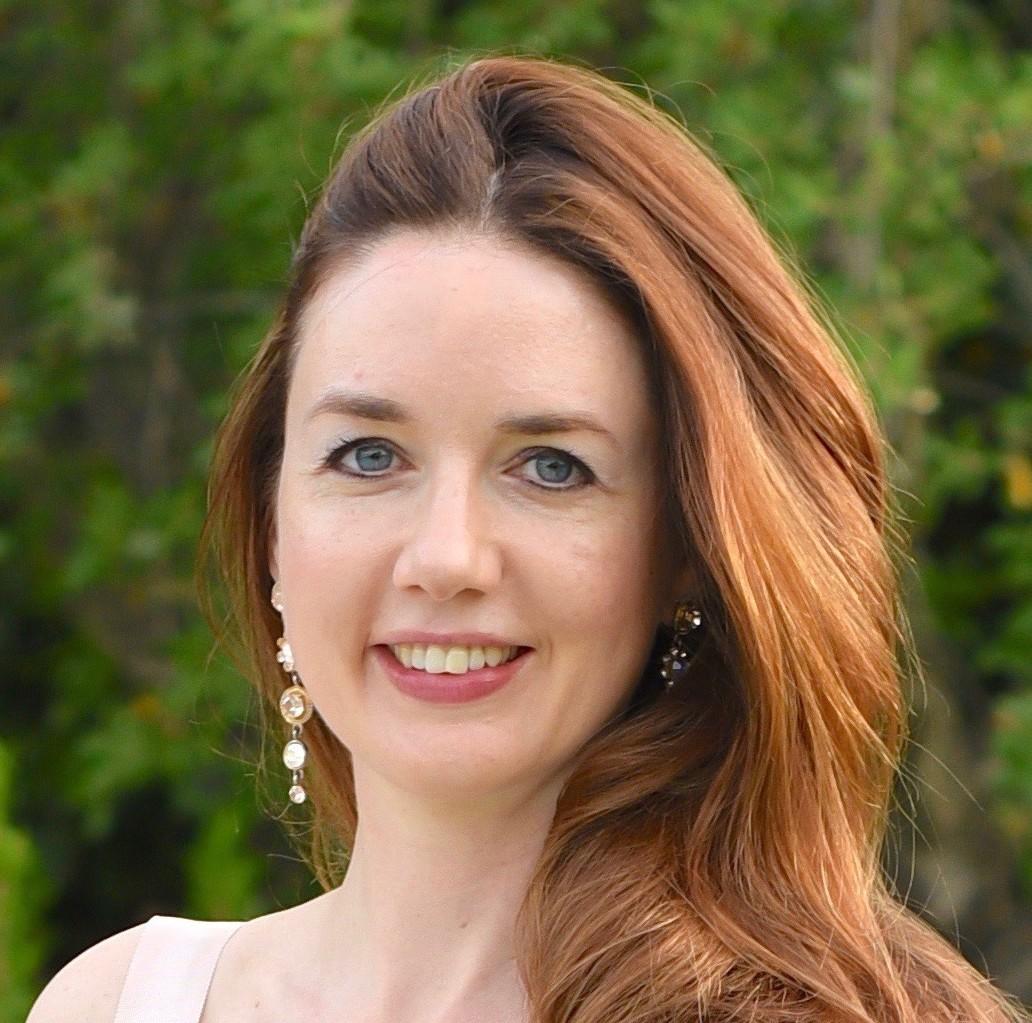The parent-child bond

By Angela Wilson
Certified child sleep consultant, MA Natural Sciences Cambridge University and co-founder of Baby Smiles Club
There’s a few different ways that a child can form a bond with a parent or caregiver. It’s known as ‘attachment theory’ and the nature of the bond has an impact into childhood and beyond.
Where a child has a ‘secure attachment’, they have a trust that their needs will be met, and that the world is a predictable and reliable place. They see their primary caregiver (usually mum) as being a ‘safe haven’ and a ‘secure base’ in times of need.
Such babies tend to feel secure, and are explorative and happy. They’re more likely to form secure attachments with others in later life. And they’re likely to sleep better too!
Secure attachment
Creating a secure attachment between a parent and baby is one of our foundations. Being responsive and sensitive to a baby’s needs plays a key role in developing a secure attachment, and it frames our approach.
Why do we think it’s so important? It’s believed that early attachment style becomes integrated into a child’s interpersonal relationships, serving as a basis for their future emotional ties. Where a child has a secure attachment with a parent or caregiver, they’re more likely to form secure attachments with others in later life, including future partners and their own children.

How do you help create a secure attachment?
The early years of parenting have a crucial impact on the nature of the parent-child bond. Being responsive and sensitive to a child’s needs plays a key role in forming a secure attachment. Parents who consistently respond to their child’s needs will create a securely attached child.
One of a child’s needs is sleep. And they need a lot of it. As well as needing it to feel happy on a day-to-day basis, they need it for their optimal health, growth and development.
Where a parent takes the right approach towards helping a child to sleep, it can strengthen the parent-child bond. Studies in babies and children suggest that there is a reciprocal influence between sleep and attachment; so where a child sleeps well, they are more likely to have a secure attachment with their parent, and where they have a secure attachment, they are more likely to sleep well.
Our Baby Sleep Program
Our Baby Sleep Program has been designed to foster and strengthen the parent-child bond. We believe this is best done by taking a holistic approach towards helping a baby sleep, and by responding appropriately to their changing needs. Doing so will make them feel secure, safe, happy and cosy.
What does this mean in practice?
- We’ll help you understand what your baby’s sleep needs are, and how these change from a newborn to a one year old. If you know what your baby’s needs are, it’s easier to help them.
- We don’t just explain what to do, but we explain why to do it. Once you understand why things are important, it’s easier to apply things in practice.
- We have chapters (and videos) on understanding your baby’s cues and settling (amongst others). We want you to understand what your baby is telling you, and how to best respond.
- Helping a baby to sleep well isn't just about 'one simple thing' - there's a few things that need to come together. We've developed our Seven Pillars of Sleep, which are the seven key ingredients for good sleep.
- We'll help you to establish your baby's body clock (and keep it in tune!), as well as creating a safe and cosy sleep environment.
Our Baby Sleep Program is founded on the most up-to-date science about how babies sleep, and is created with kindness and empathy. Helping a baby to sleep using our approach fosters and strengthens the parent-child bond.

